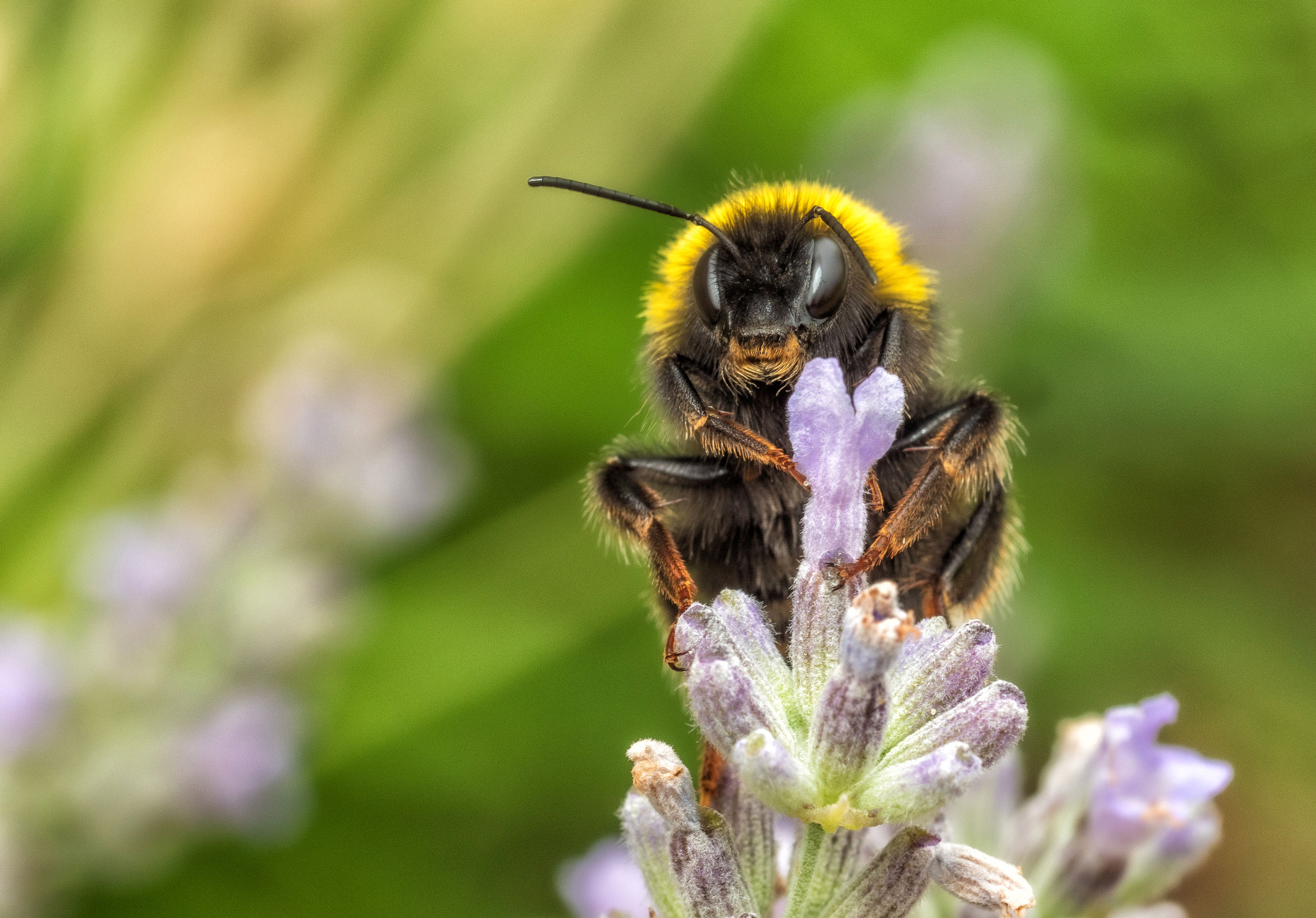Insects do an awful lot for us, but we tend to overlook them. In terms of pollination, their value is difficult to overstate. Insects are the middlemen in the reproductive efforts of 80% of our plant species, moving pollen between flowers. The value of this crucial service is estimated at around £400 million per year, yet many of our pollinators are in decline.
In a study of 377 of our bee and hoverfly species, 49% had become less widespread between 1980 and 2017. It’s important to remember that we have 275 bee species in the UK, all of which have their own habitat requirements and preferred sources of nectar and pollen.
Approximately half of the UK’s 60 dung beetle species are scarce or threatened
At the other end of the spectrum we have the clean-up crew: the insects with the thankless task of breaking down organic matter and recycling the nutrients therein. Let’s consider the humble dung beetles – fascinating insects with the vital role of breaking down and recycling the droppings of mammals. Their proclivity for burying this material also greatly improves the soil and reduces CO2 emissions.
Sadly, these dung dispatchers are struggling. Approximately half of the UK’s 60 dung beetle species are scarce or threatened. The over-use of worming products in livestock is an important factor in the decline of these valuable animals. The chemicals end up in the dung where they go on killing, this time the insects that feed on the dung.
It’s not just bees that are important pollinators. Flies, wasps and beetles are important too. Indeed, flies are possibly the most important pollinators of all.
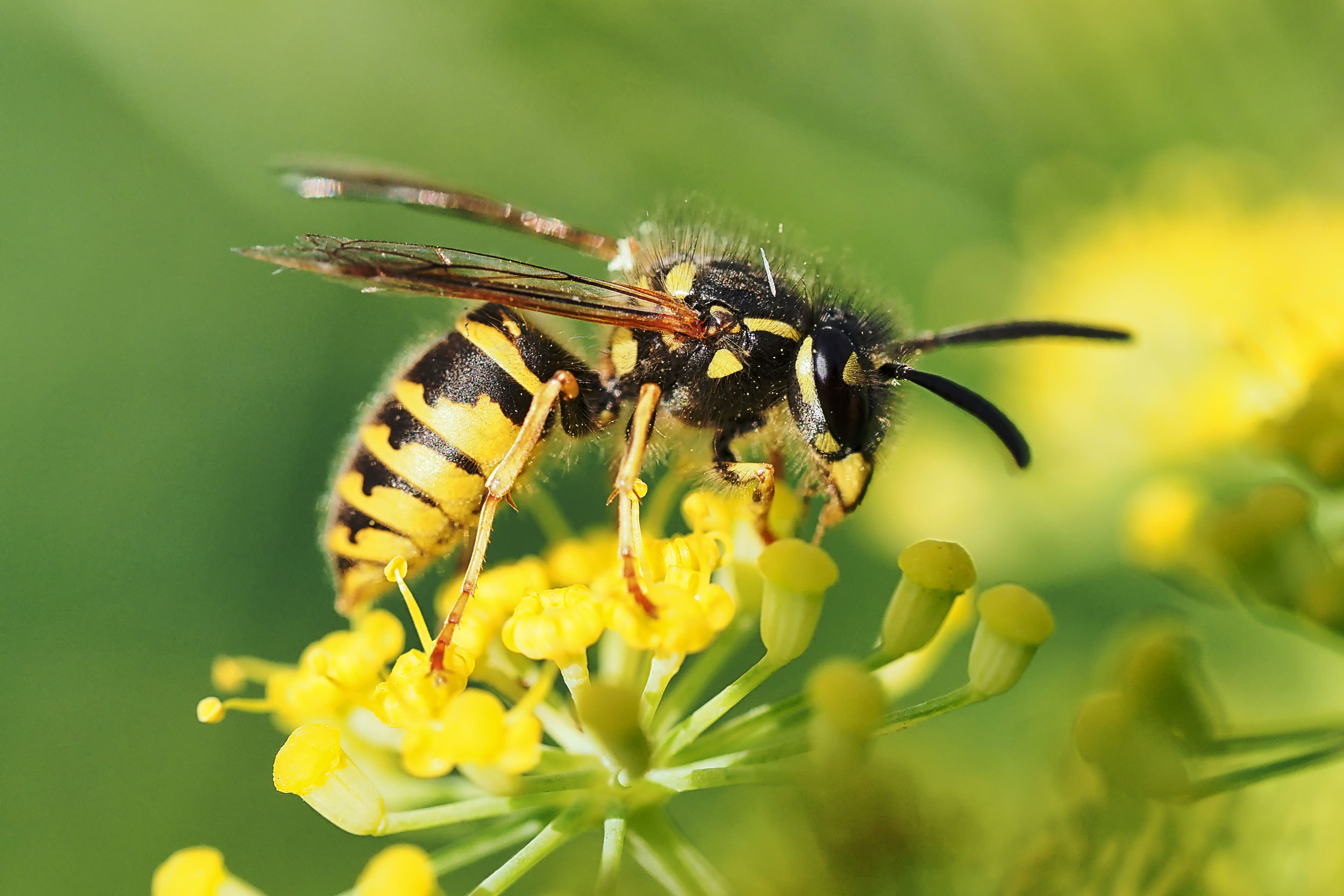
Common Wasp. Photo: Jackie Bale (Getty Images)
Not only do dung beetles remove dung and suppress pests, but their tunnelling improves soil structure and reduces surface run-off. They also feed lots of other animals and increase overall biodiversity.
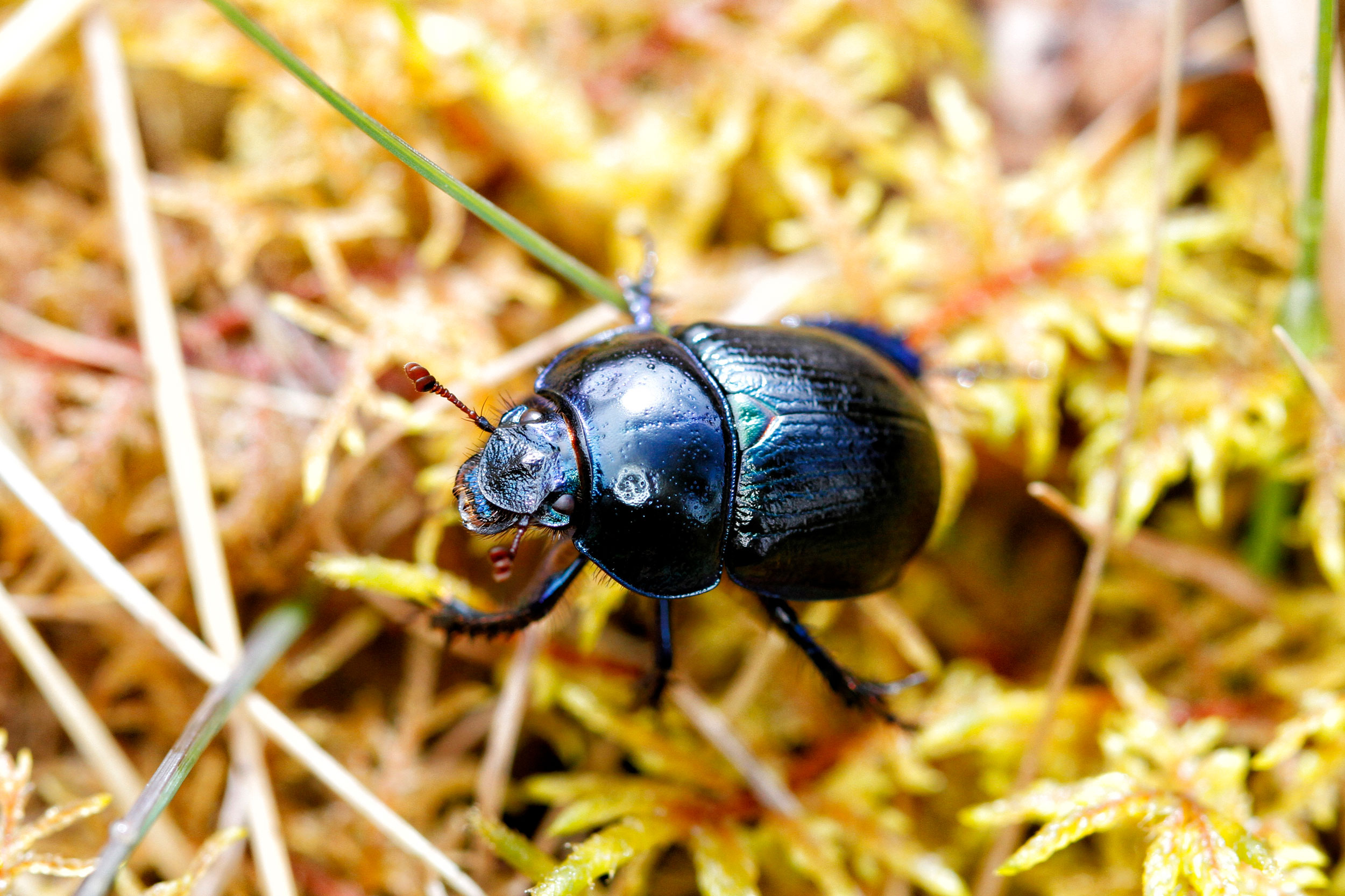
Dung beetle. Photo: Genevieve Leaper (rspb-images.com)
Listen to this feature here:
You might also like
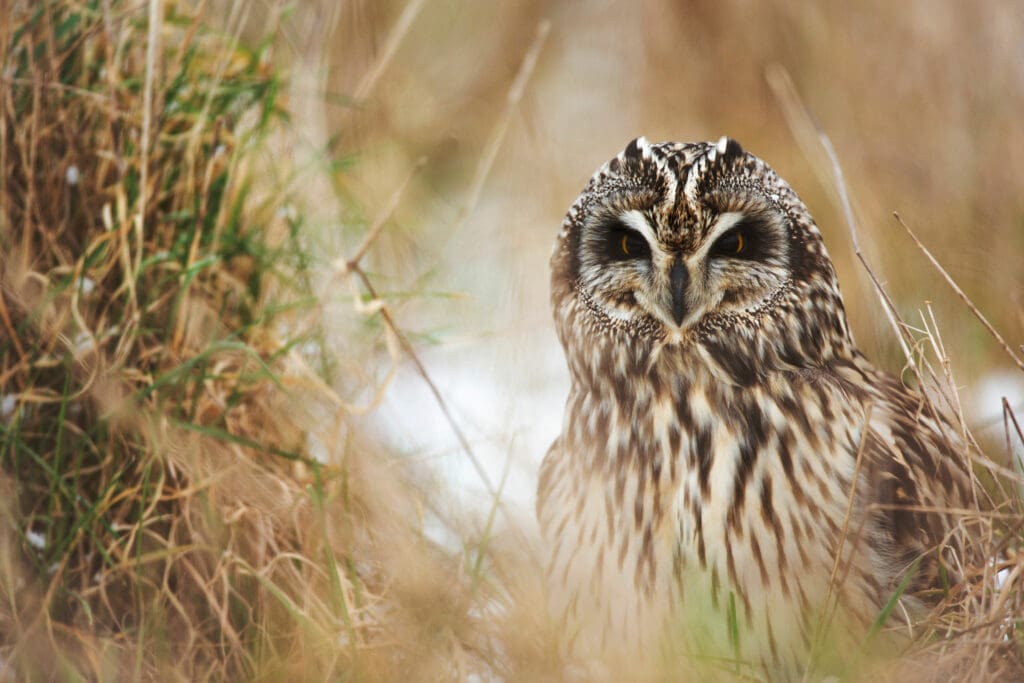
Winter visitors: Short-eared Owls
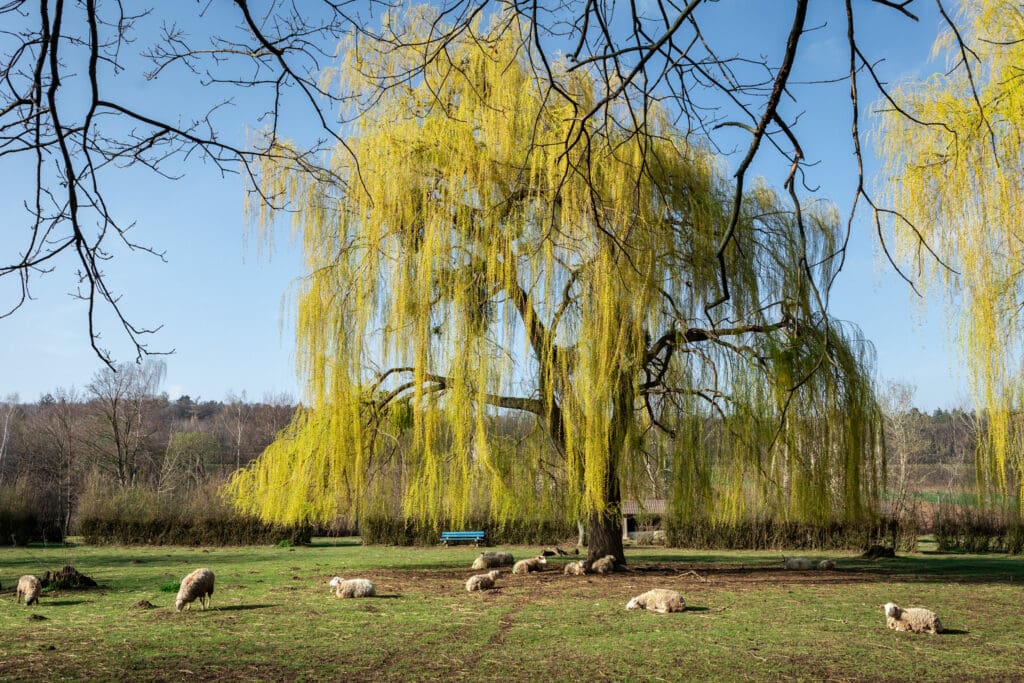
Plants under stress


